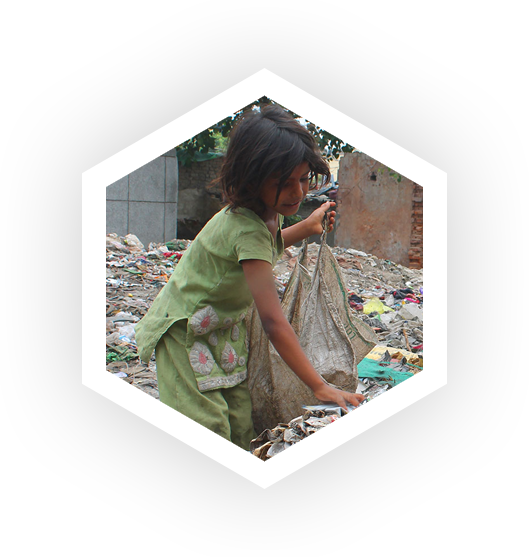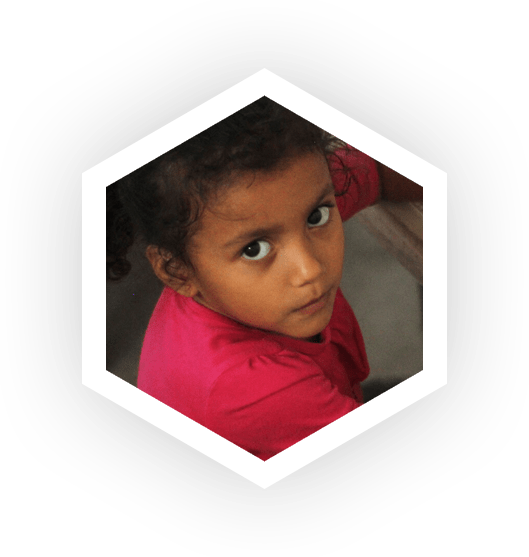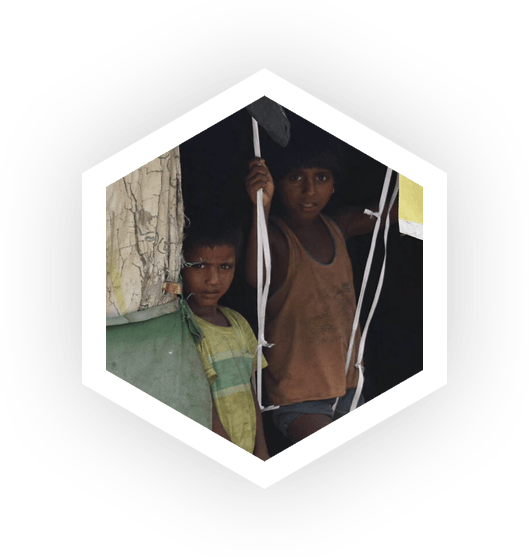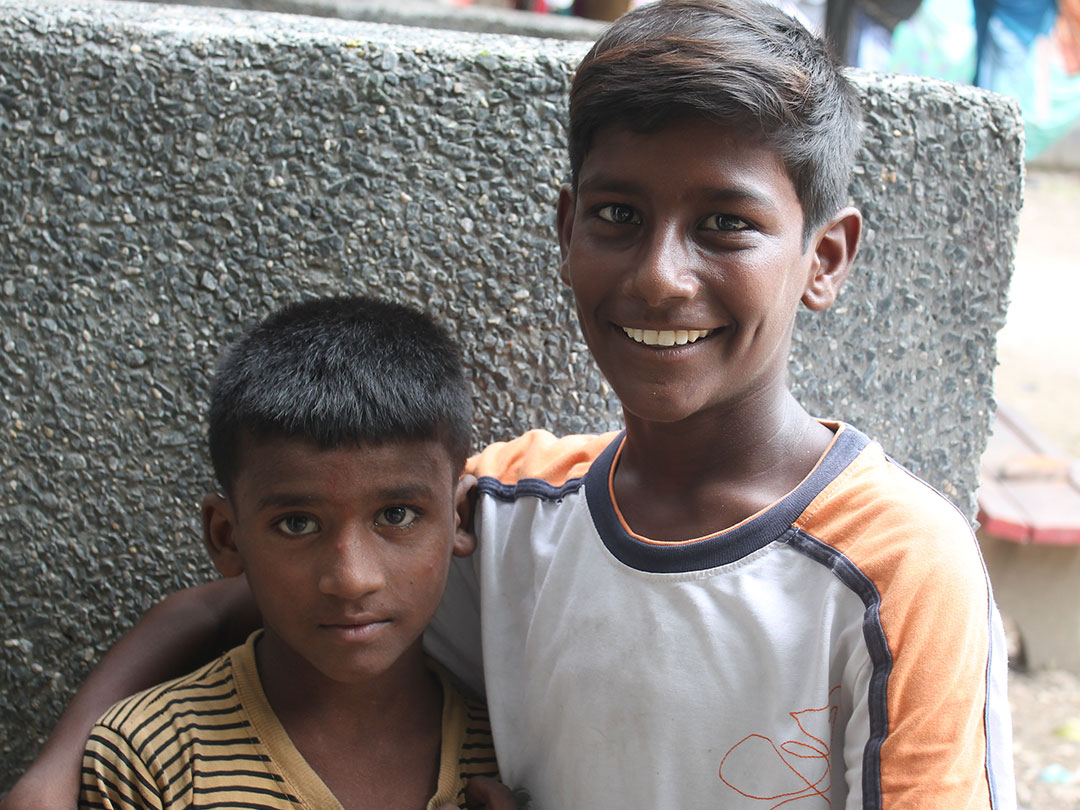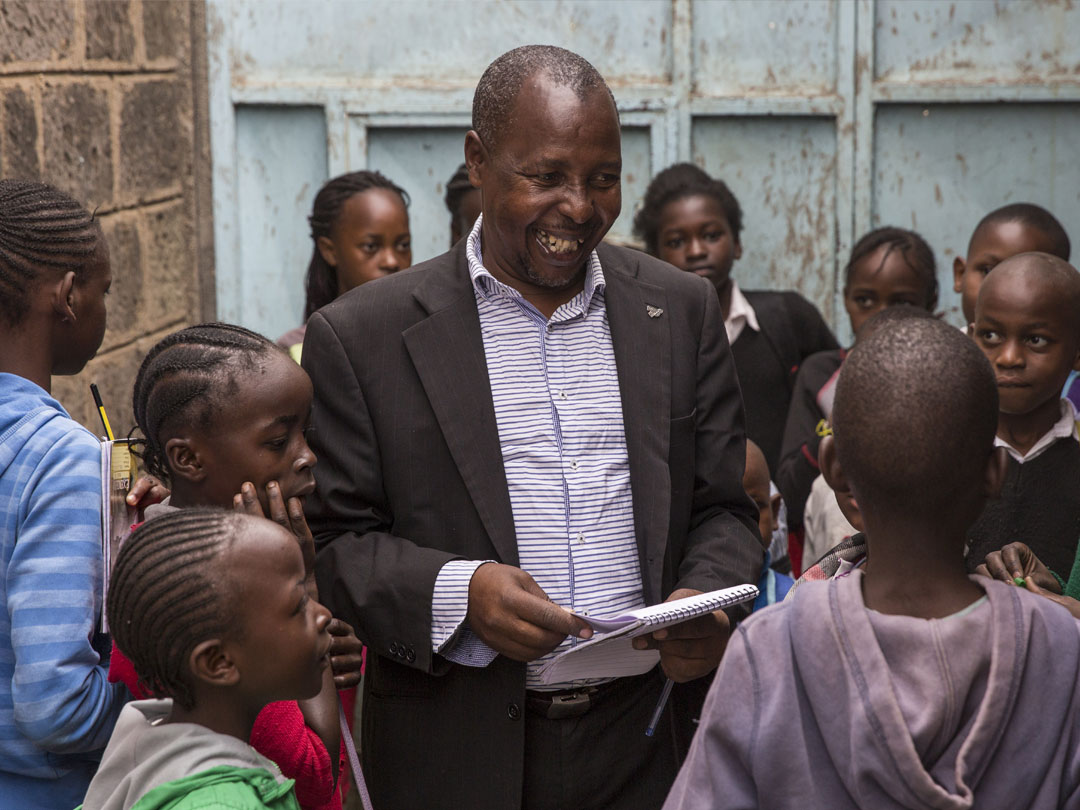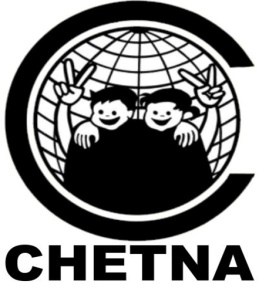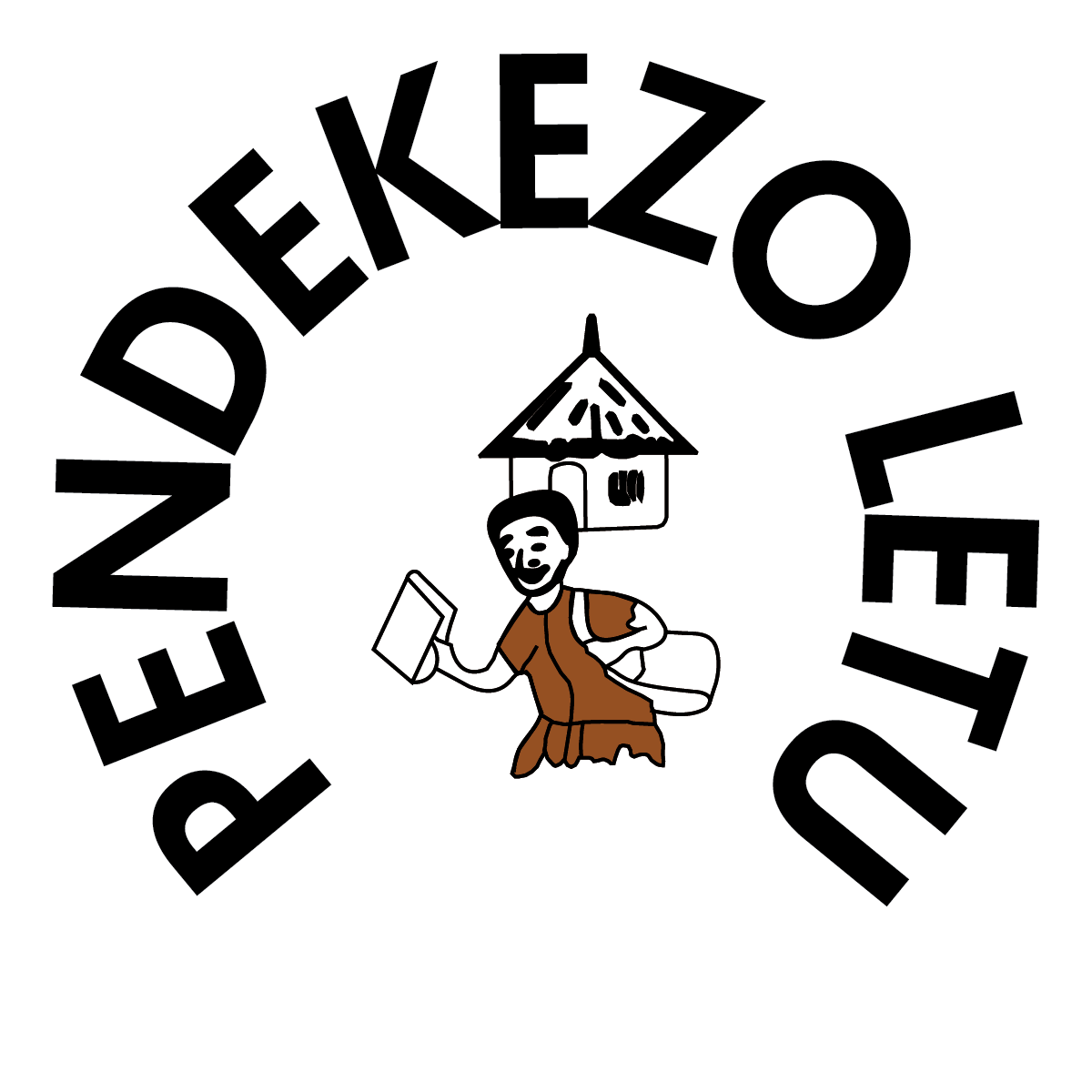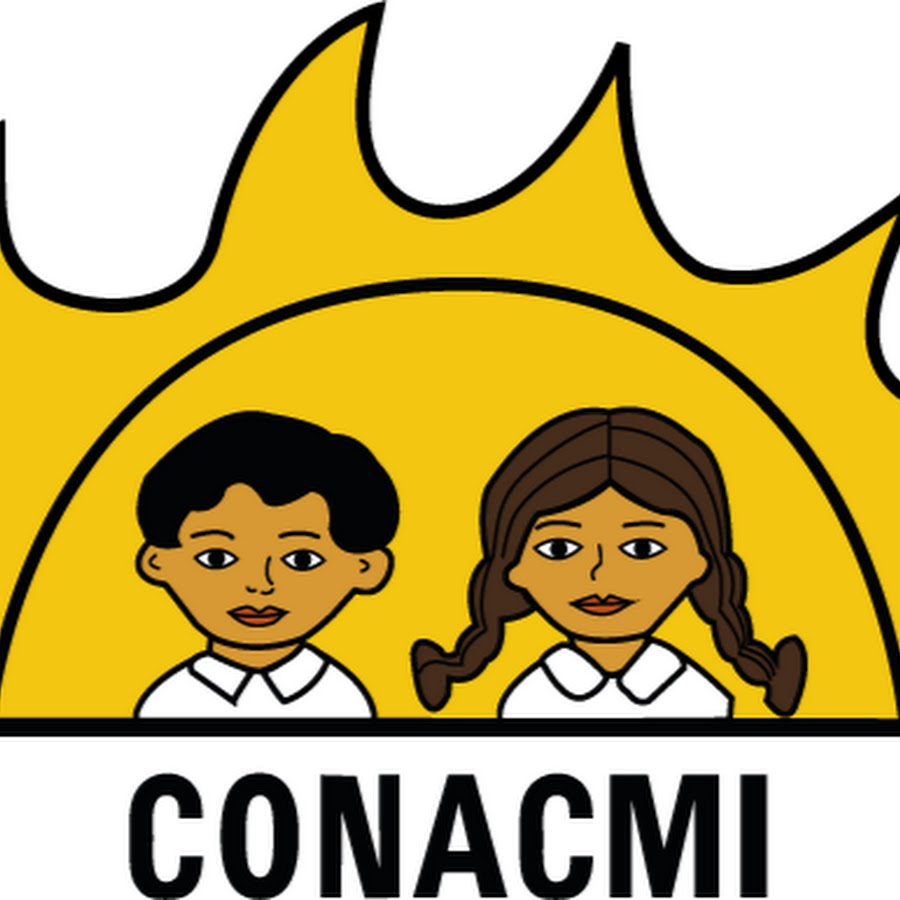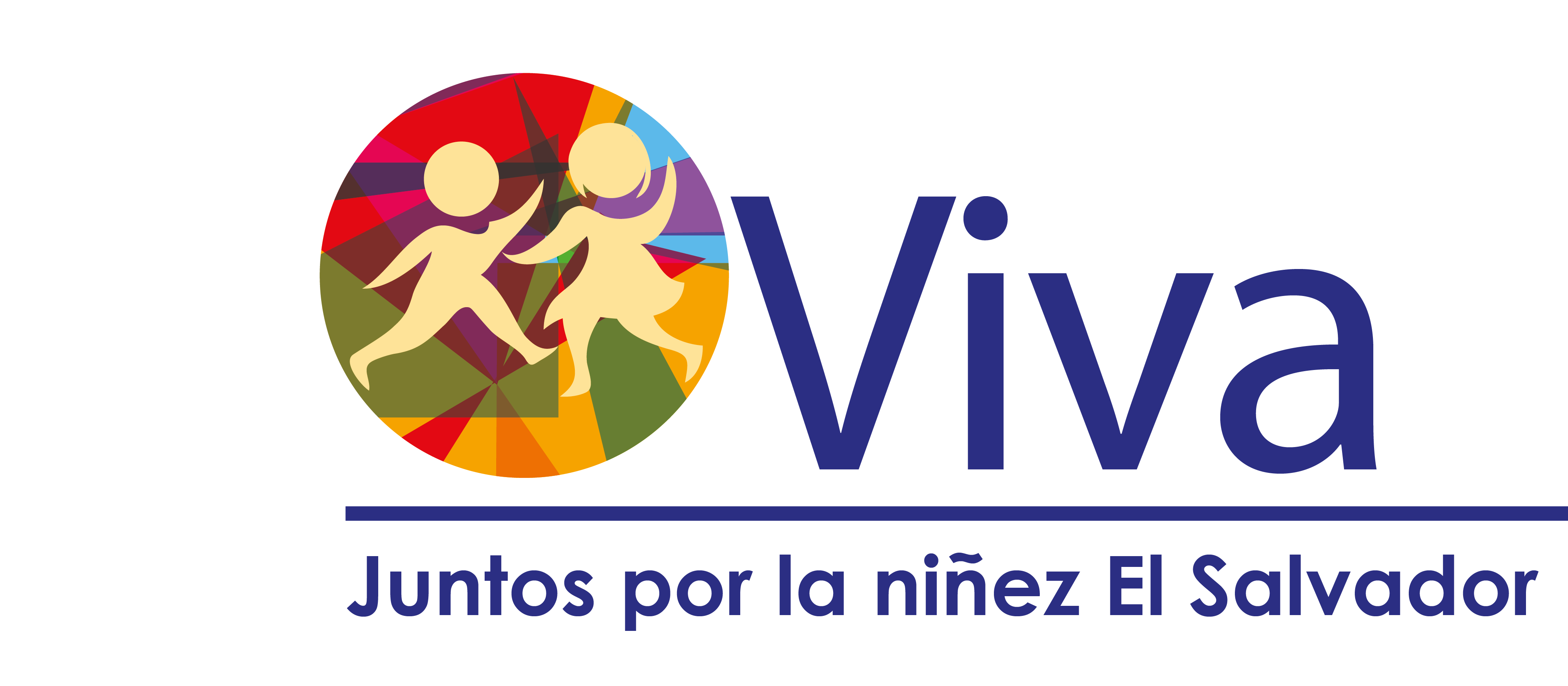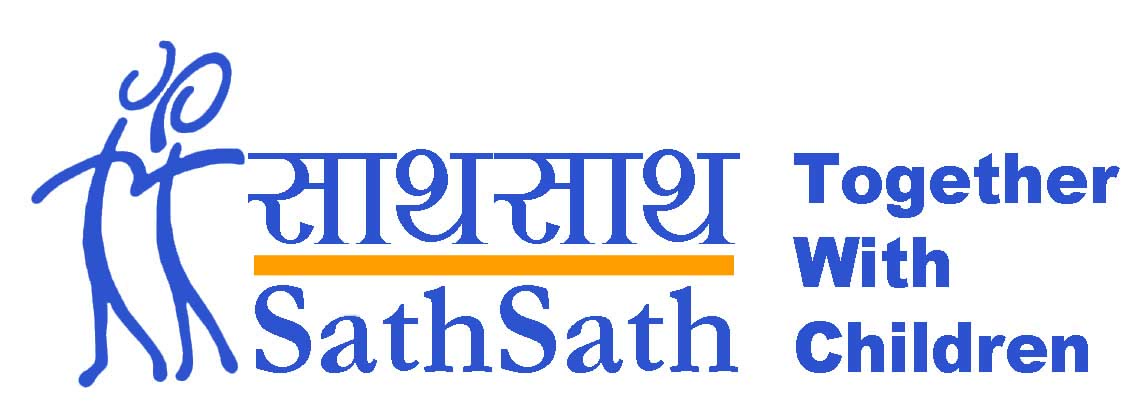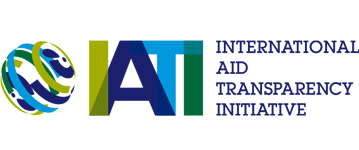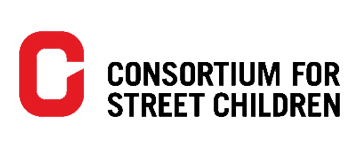Who
Boys and girls for whom the street has become their home and/or source of livelihood and who are inadequately protected or supervised by responsible adults. United Nations Definition of Street Children
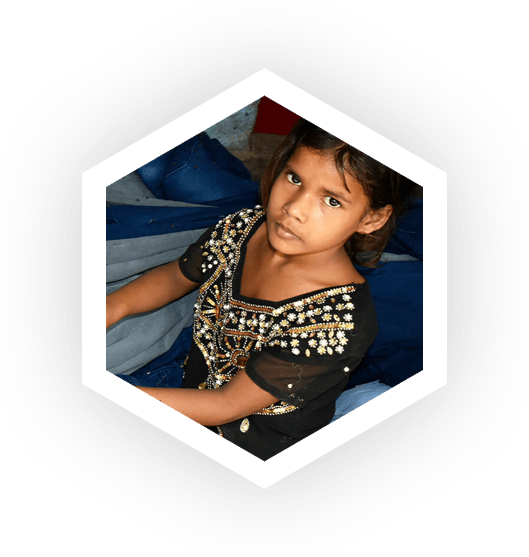
Record levels of inequality, violence, migration, war and natural disasters mean children are forced to live or work on the streets around the world. They escape abusive homes or end up on the streets after being displaced or trafficked.
The UN estimates there are hundreds of millions of street children but exact, official figures are virtually non-existent. These children are invisible to the world, living without rights and protection on some of the most dangerous streets in the world.
